Few would believe me If I said that a show about a group of politically incorrect, sociopathic, and narcissistic alcoholics has become the longest-running live-action comedy in US television history. In this day and age where jokes are met with confounded outrage, you would no doubt ask me what I had smoked. Yet this is exactly what has happened with It’s Always Sunny in Philadelphia.
A new series of the American sitcom – the 16th instalment – was released last week on FXX. From Tik Tok Zoomers to bald Boomers, the unapologetically offensive show has achieved cult status among its many diverse fans, myself included. To celebrate its return, I thought I’d write a tribute to what I think might be the funniest show in decades. More importantly, I wanted to explain how they have been able to stay one step ahead of cancel culture in a world as censorious as ours.
For the uninitiated, Always Sunny – as we superfans call it – revolves around ‘The Gang’, a mostly irredeemable group of friends who own and run Paddy’s Pub – a dingy Irish bar located in an equally run-down area of south Philadelphia. The Gang features the angst-ridden and self-appointed bouncer Mac, the melancholic Charlie, the psychotic and sexually deviant Dennis, and Dennis’s self-obsessed and shallow twin sister Dee.
In the second season, Frank, who is supposed to be Dennis and Dee’s father, joins them. Played by Hollywood legend Danny DeVito, Frank is a self-made, yet utterly immoral man who ends up funding all their insane plans. They have total contempt for each other and everyone around them. Immoral and perpetually poor, they lie and steal to get what they want. Sometimes their Machiavellian machinations are concocted just for the sake of it.
To call Always Sunny un-PC is an understatement. It goes where others don’t or dare not. The gang tackles every topic, no matter how spicy. Child abuse, mental illness, Antisemitism – no issue is off limits. Jokes deemed offensive are presented in a clever and hilarious way. Whether it’s Mac (played by series creator and recent co-owner of Wrexham football club Rob McElhenney) in his role as Danny Glover in the episode The Gang Makes Lethal Weapon 6, or arguing whether it’s acceptable to shout racial epithets to save someone’s life as they do in Hero or Hate Crime.
All of this would lead to the average show being cancelled, let alone being made now. The show debuted in 2005, when political correctness had not yet reached its ugly, censorious peak. At this point in time, The League of Gentlemen had its own dubious characters. It was a time when being provocative and controversial was not seen as offensive but as a normal artistic and creative endeavour.
Some really funny scenes come out of the darkest situations. In the episode The Great Recession, a depressed Frank loses everything in a Ponzi scheme and continually attempts to finish himself off. Or when Mac gets angry because it was Charlie, not him, who was eyed-off at school by their gym teacher. His reason? He claimed he was more attractive and felt jealous.
The reason the show survived cancellation is because the writers used something lacking in the vocabulary of social justice keyboard warriors: context. In every episode, the gang’s reprehensible behaviour is punished. The writers want you to laugh at these characters, not with them. These are repulsive people. We learned this early when the pro-life Mac attended an abortion protest to pick up vulnerable, confused women – switching sides whenever he saw an attractive girl.
The show has run into a few minor problems. A few episodes such as The Gang Makes Lethal Weapon 6 and Dee Reynolds: Shaping America’s Youth, have been temporarily removed from Netflix. Both featured racial stereotypes, including a ridiculous Benny Hill-esque Asian character named Taiwan Tammy, played by Dee. Instead of coming up with an insincere, scripted apology where the scorned party pretend to have learned and beg for forgiveness, they fought back in typical Philly style.
To appeal to more sensitive critics, the gang decides to produce a politically correct sequel, Lethal Weapon 7. This self-referential episode is a classic example of the struggle to please the audience in a world of ever-evolving progressive values. After a very funny meta-comment about whether black voice is as racist as black face, they introduced diversity quotas as a mea culpa, and Frank hires a black pimp named Pepper Jack. The gang grows concerned that Pepper’s real-life gangster role will be perceived as a negative stereotype of black people. They found that despite their newfound love for diversity and inclusion, they knew no black people. It’s satire at its best.
For all the scheming, backstabbing, and setting each other on fire, they always remain together – stronger and funnier. As with the best of shows, there are glimpses of sincerity. This is a show about friendship. Friends pick us up and help us in the worst of times. It’s clear from the script that a 20-minute show can portray the fragile nature of the human condition so accurately. Charlie’s character development climaxes in a very emotional scene in the second half of season 15 that will bring tears to your eyes.
Since its inception, It’s Always Sunny in Philadelphia has found humour in the darker side of life. The show treads a fine line between the offensive and the insightful without fear of controversial subject matter. The way comedy should be. In 2020, the show was renewed for four more seasons, bringing the already record-breaking series to 18 seasons.
If you just watch one thing, watch this. The first 15 seasons are on Netflix. You can thank me later.
Got something to add? Join the discussion and comment below.
Get 10 issues for just $10
Subscribe to The Spectator Australia today for the next 10 magazine issues, plus full online access, for just $10.

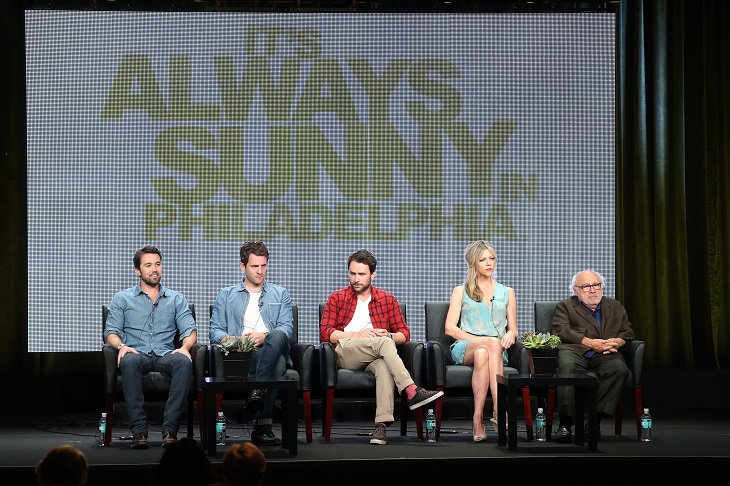
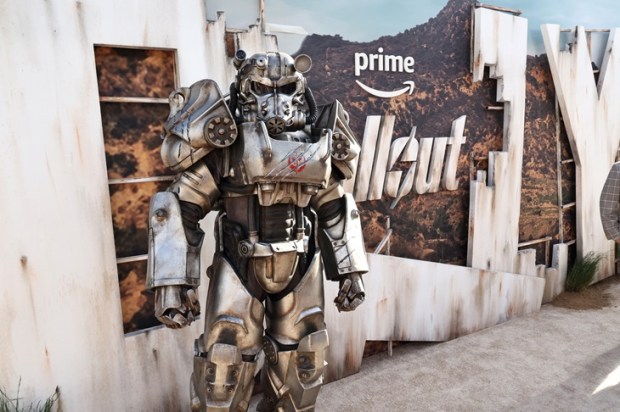
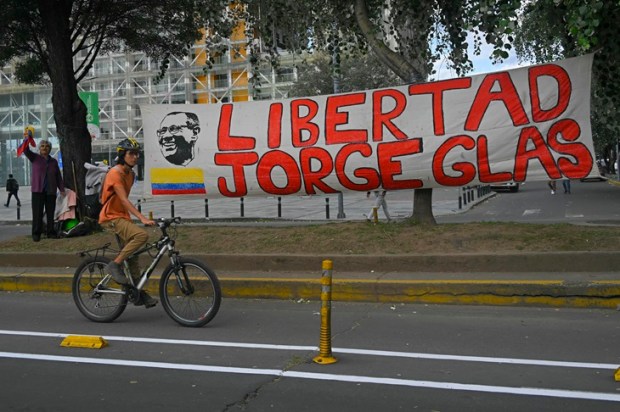
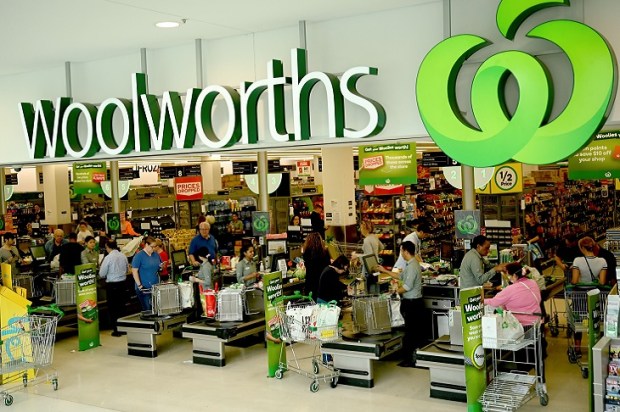

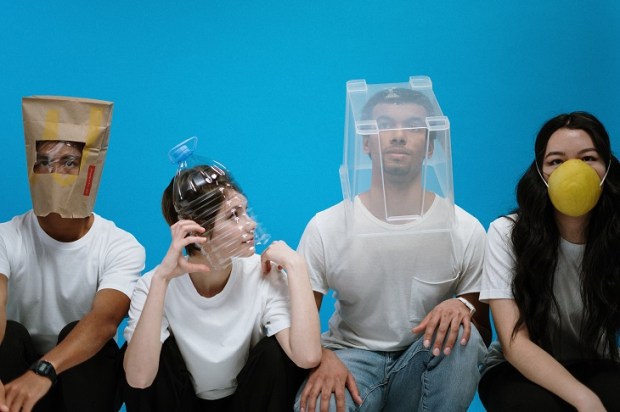
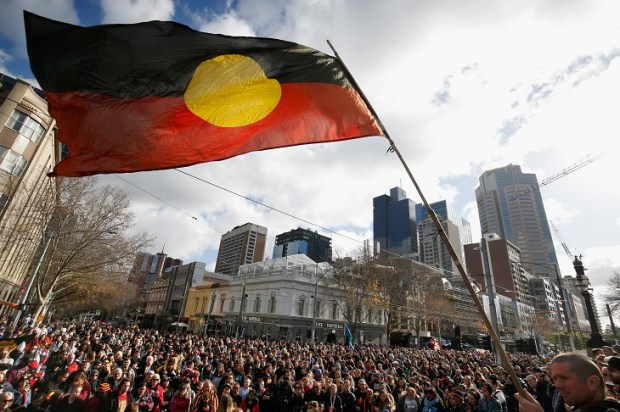


















Comments
Don't miss out
Join the conversation with other Spectator Australia readers. Subscribe to leave a comment.
SUBSCRIBEAlready a subscriber? Log in